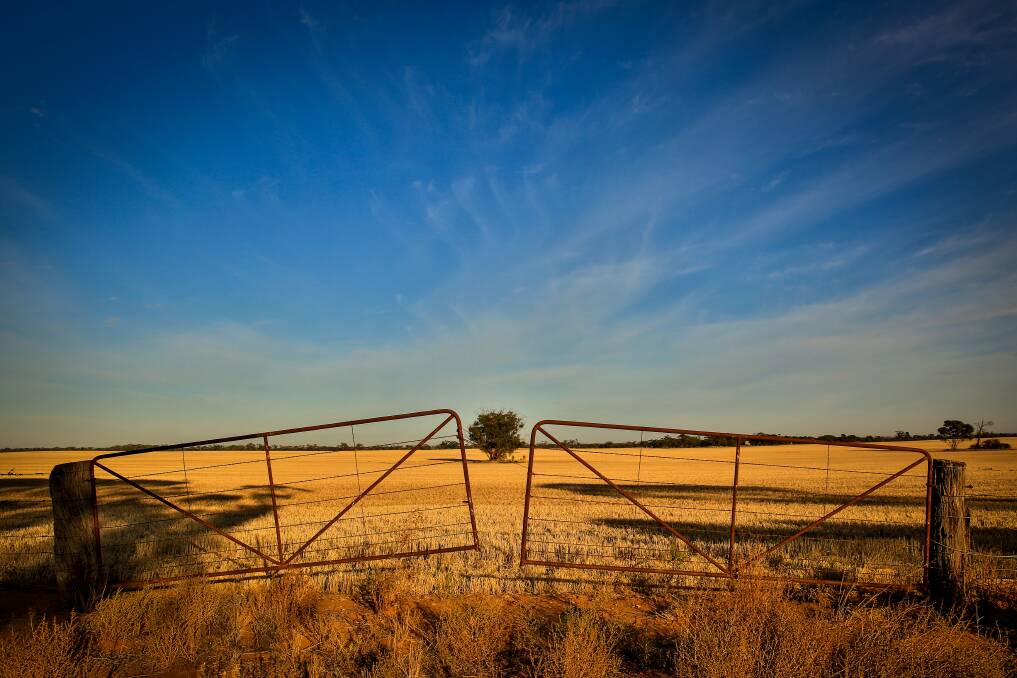
The significance of a broad range of agricultural products to meet world markets becomes more pertinent if the current approach by the Chinese government becomes more stringent.
Subscribe now for unlimited access.
or signup to continue reading
For years, Australia's utopian lifestyle rode on the back of agricultural exports, which has now been boosted exponentially by mining exports.
Unlike so-called developed nations, we still need billions and billions of dollars to provide infrastructure. For instance, we have an internal transport system that, at best, struggles. Where is a vast fast rail system, super modern port handling facilities and the highways that link our vast distances? We pontificate to our peril.
Mining is way out in another league; however, the potential for agriculture is immense. We have a broad range of farming operations that are at the cutting edge of production with a close eye on sustainability and the environment.
From another publication comes the following: The Australian Bureau of Agricultural & Resource Economics & Sciences has forecast that the nation's crop and livestock production will top $66bn in 2020-21. This is $400m higher than had been forecast in its previous quarterly report. The agricultural forecaster expects the value of Australia's farm exports to rise by six per cent to $49.7bn; wheat and barley exports are tipped to grow by more than 60 per cent, while oilseed exports are projected to increase by 54 per cent.
This has been achieved in extremely challenging times and amply demonstrates that in agriculture, when the going gets tough, the tough get going.
CONSUMER-DRIVEN
Farmers are in the game of production, attention to market signals and controlling input costs. They are not marketers. It is the consumer-driven market that drives demand.
Time after time, farmers fall for the trap that they need to produce from the paddock to the plate. Certainly, there is a limited demand for such products, but the word is limited. And, in some cases, there are close linkages with retailers such as supermarkets; however, it is the consumer that feeds demand.
A recent article implored dairy farmers to take on the vegan movement head on. What a load of rot. A vegan is going to be a vegan, which is their common right. They are not going to change from drinking almond milk in favour of cow's milk.
If definite research showed anything other than cow's milk was detrimental to health, the dairy industry just may have found a wedge.
The simple answer for a dairy farmer would be to meet market demand and grow soybeans, oats or almonds.

